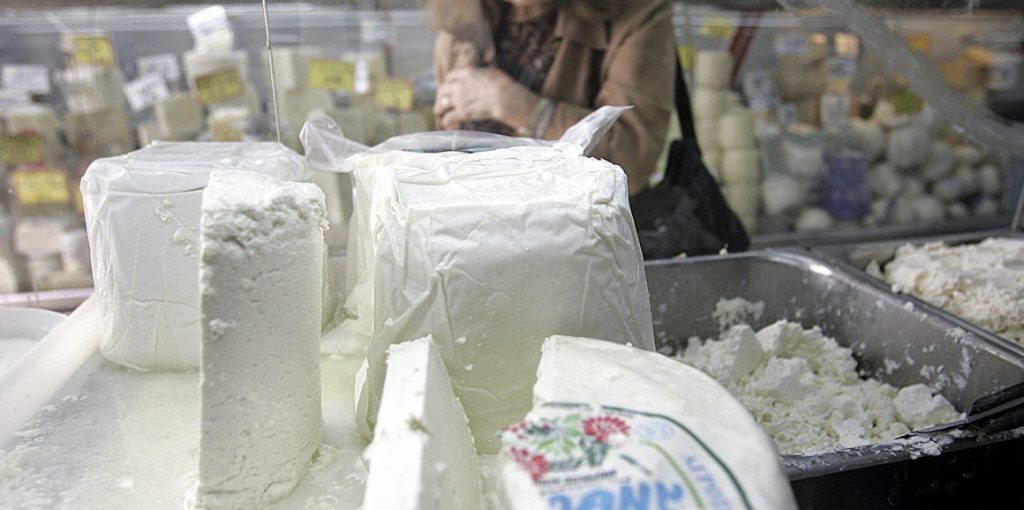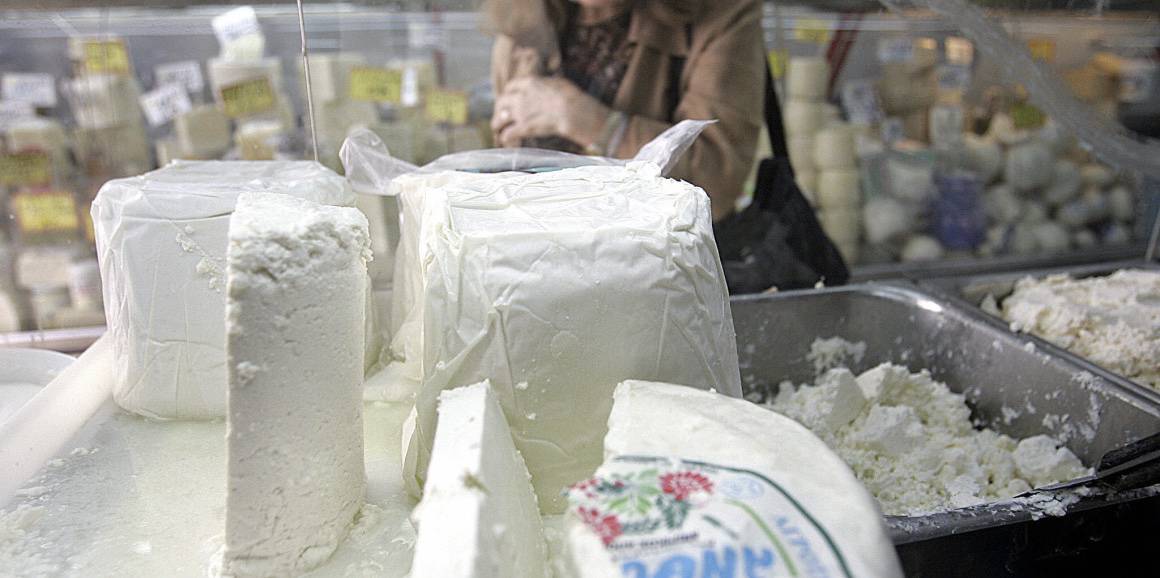
Greece’s Rural Development and Foods Minister Vangelis Apostolou has demanded that the country’s famed Feta cheese has the same protection it currently enjoys, in the new free trade agreement between the European Union and Canada.
Known as the CETA agreement, the Comprehensive Economic and Trade Agreement (CETA) is a free trade agreement between Canada and the European Union and is currently being drafted for approval by European member states.
“Greek Feta should have the same protection under the CETA trade agreement with Canada as other European products. It would be very hard for the specific agreement to be accepted by Greek society and, of course, it would not be easy for it to pass in the Greek Parliament.”
“We are just before the acceptance of an agreement that essentially leaves unprotected mostly Feta and less so two other Greek products, Kalamon olives and Samos wine. We insist on Feta, however, because it is a product that is the banner of geographic indications, not just in our country but in the European Union.”
“Feta is a product that we want to see protected by the European Commission, exactly in the way that it protects the products of other countries,” Apostolou said noting the lack of protection for Feta in the draft CETA agreement.
It must be noted that in the past, Greece had a long legal battle with Denmark over its use of the name ‘Feta’ for a cheese it produced made from chemically blanched cow’s milk. Greece won that battle and since 2002 it is the only country allowed to use the name ‘Feta’ within the European Union.
Feta cheese now is defined as brined cheese made only from sheep’s/goat’s milk in Greece.
*By Alex Constantine

